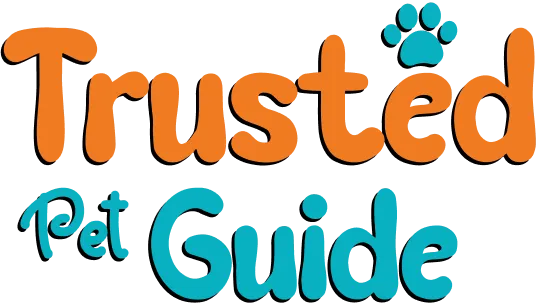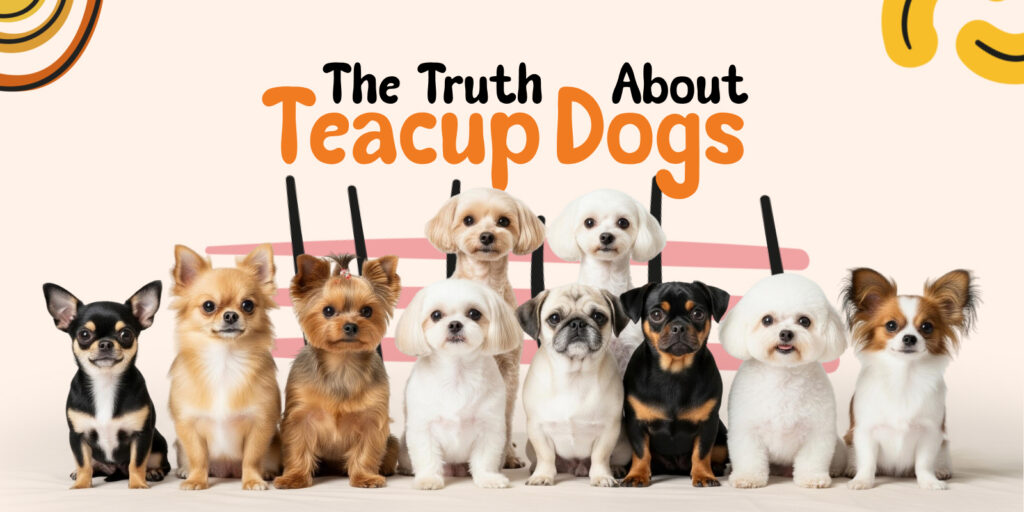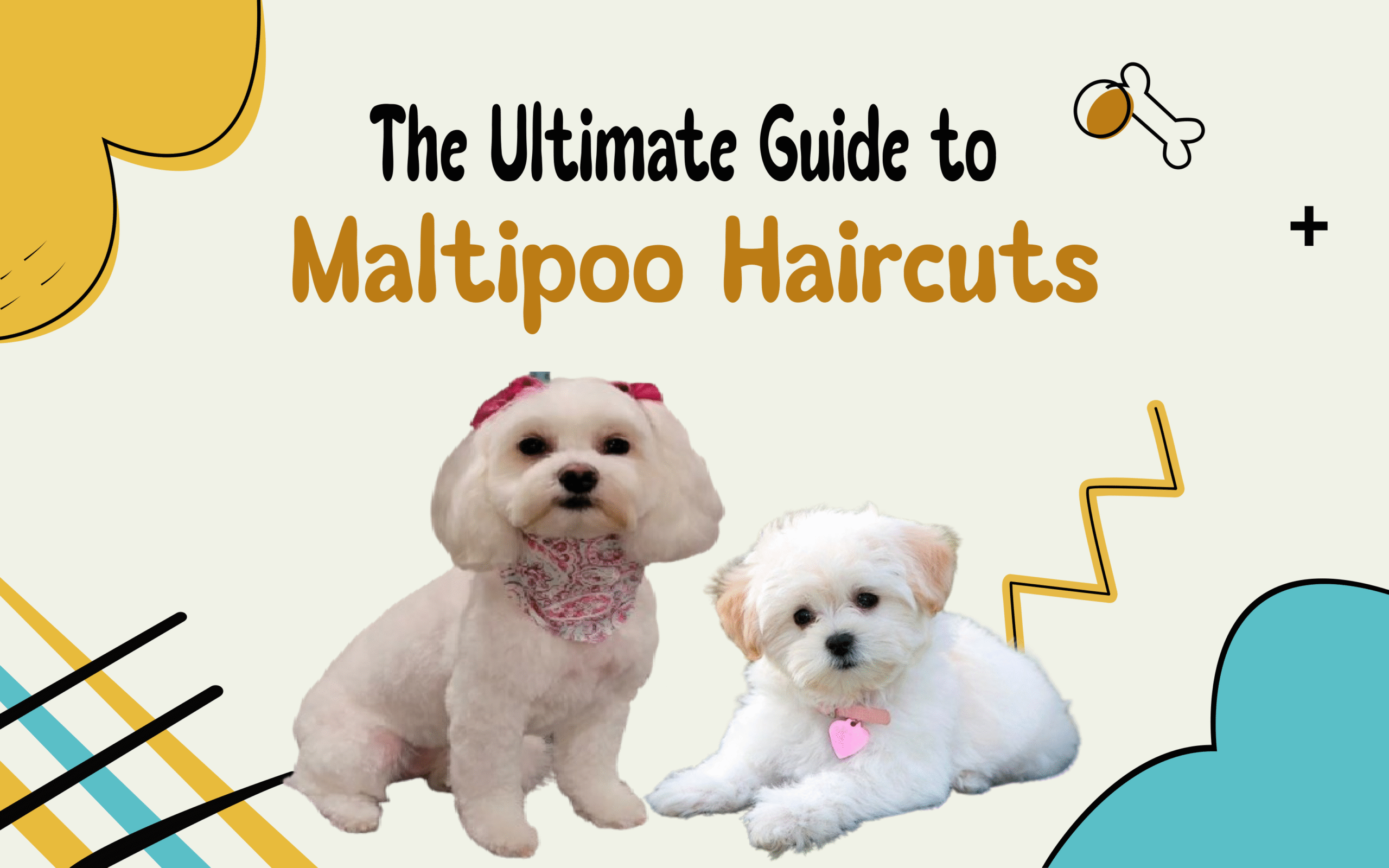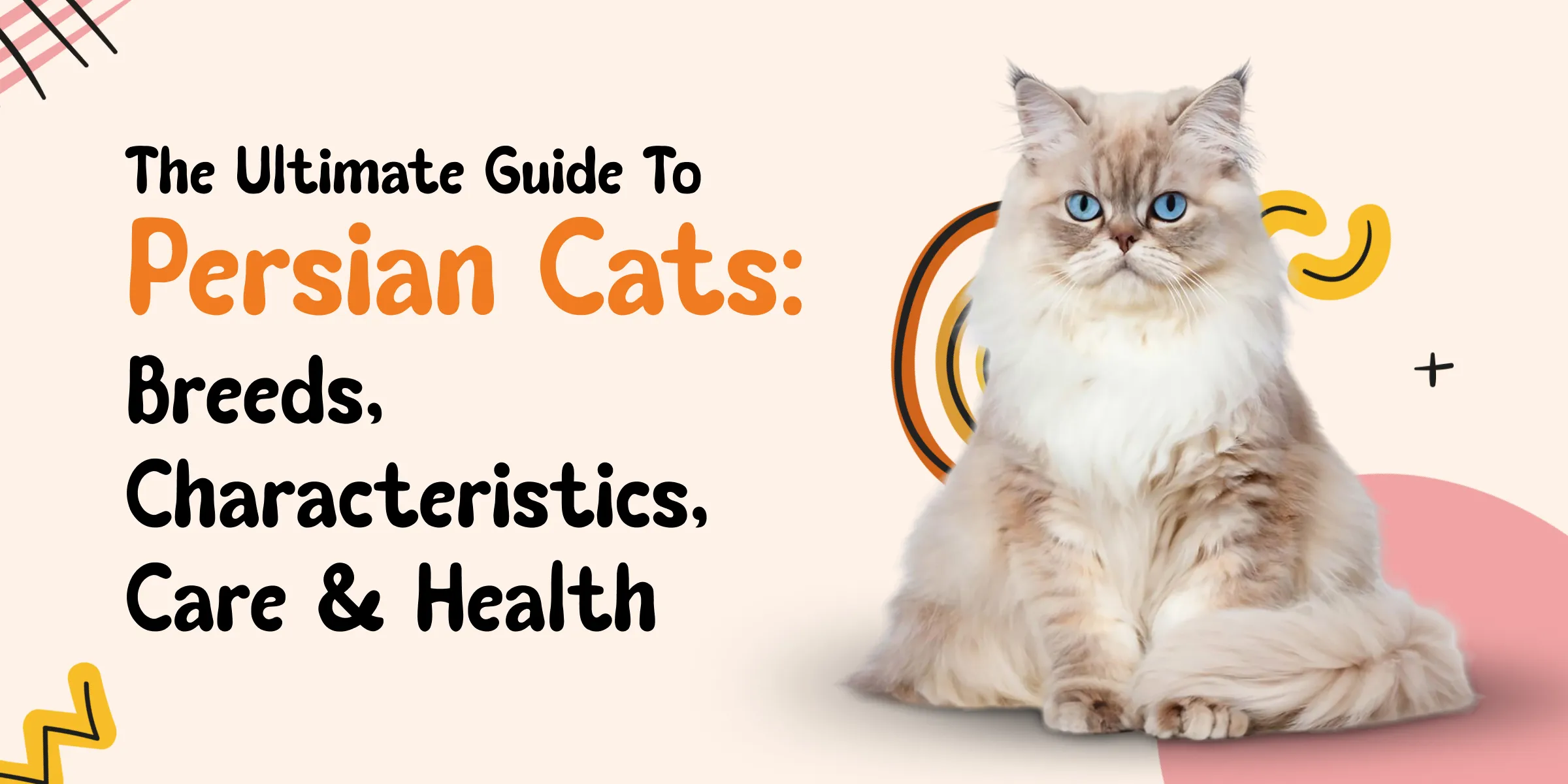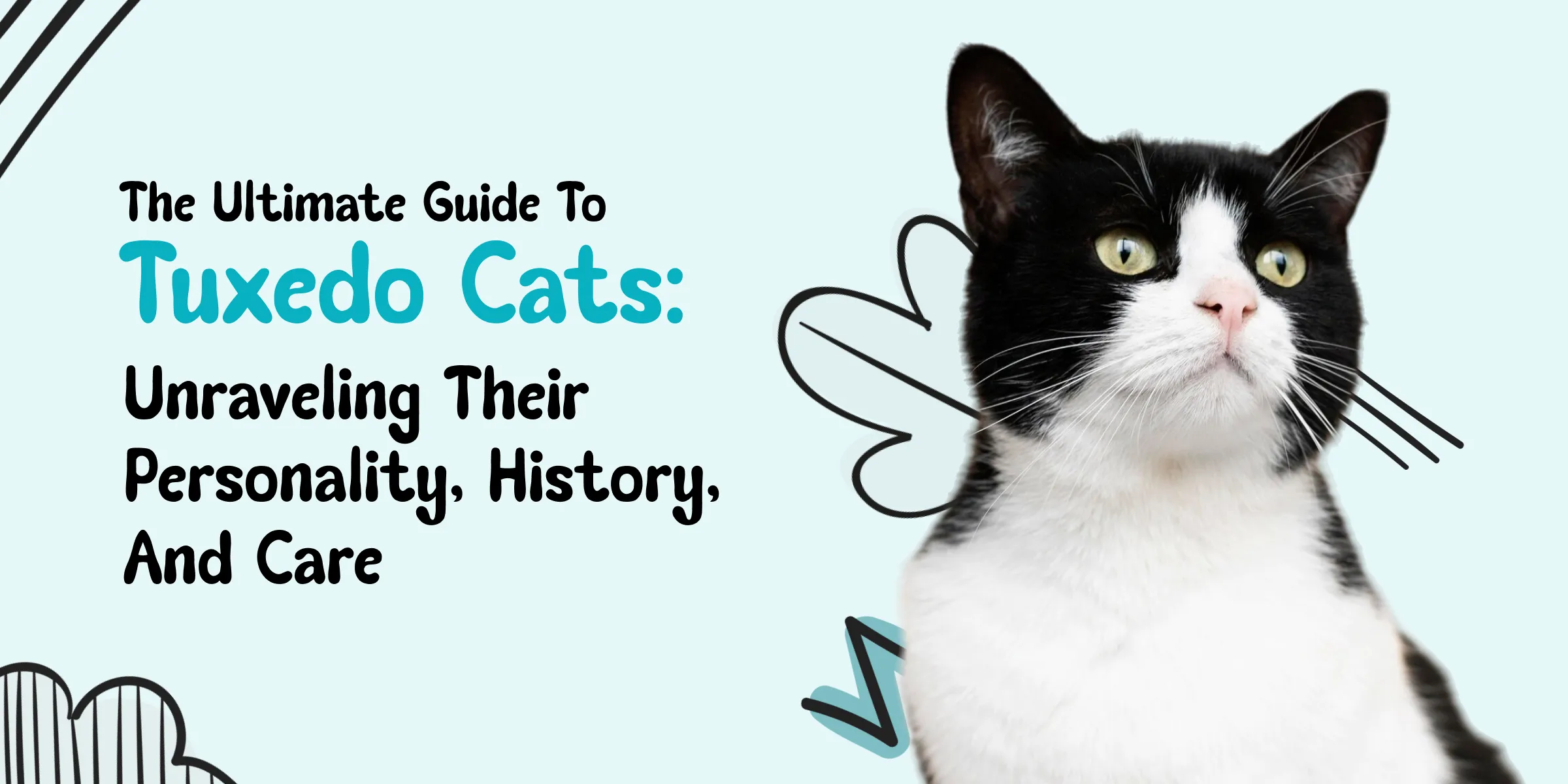The term ‘Teacups’ arose in the decade of 2000s as a marketing strategy to capture public interest and desire for these little companions. The primary interest of the public lies in these little creatures’ size and shape giving a puppy-like view and convenience of carrying in handbags. These unique qualities give them a special place in hearts, on social media and pet society . They have gained a popular status and symbol on Instagram feeds and among celebrities, they are seen as perfect for apartment living and people with limited living space. Diving in the world of reality there is an undisclosed realm of health problems that are associated with these tiny little friends which make them less charming and less preferable to adopt, some of these health issues arises due to deliberate malpractices by breeders for instance some breeders intentionally underfeed these puppies to produce the desirable size, this type of
malpractices lead to severe and life-threatening health problems making reality of owning these type of pet much more difficult.
The more cute, small and delicate these little companions are beneath their unique personality lie various factors of consideration, health issues and ownership responsibilities that are crucial for their survival . You surely want to adopt these little companions but unsure about ownership responsibilities , their common health issues, their basic and specific needs and ways to find a healthy puppy among them. Many sources focused solely on their qualities and charm ignoring many other important angles leaves the owner in confusion. This guide will provide all the essential facts and truth cutting through myths.
Understand ‘Teacup’ Size: What Does It Really Mean
Before discussing the size and undeniable charm of teacup dogs we need to understand why they are known as ‘Teacup Dogs’ that’s because of their significantly small size much smaller than standard size for their breed due to their size they are often known as ‘Mini’ , ‘Micro’, ‘Tiny’ or ‘pocket size’ dogs.
Although there is no official size or standard to declare them Teacup this name is generally given to dogs that are smaller than their respective breed or from toy breed.
Weight: Most teacup dogs weigh less than 5 pounds (2.3 kg) as adults. Some of them may be as small as 2 and 3 pounds.
Height: Their height at shoulders are usually under 17, with some being much smaller than that.
The data regarding breed information, size and health issues consideration were collected by browsing through veterinary journals , Dog health database, by consulting breed standards to clarify doubts and Confusions and demonstrate accuracy of research.
How Teacup Size are achieved
Teacup size is achieved through various factors, some are natural and some are highly unethical,
contributing to multiple health issues.
Breeding Runts:
It’s the most common practice to breed the “runts” of a litter. These are often too little or under-size due to already existing medical conditions.
Inbreeding:
Some breeders might use inbreeding that is breeding closely related dogs for example siblings or parents to lock-in small size.
Dwarfism:
Also known as ‘achondroplasia’ is a genetic condition that causes unequal short limbs and are key characteristics of some breeds; it does not unnaturally come with its own set of health risks.
The Appeal and Potential Challenges
The public interest lies in their 1S shape and appealing size , their portability and easy to handle nature make them more preferable and attractive. They come with a variety of benefits including small size, portability, and fit within a small space.
They are typically bred from already smaller breeds like poodles and Pomeranians etc. There is always difficulty for people to differentiate between naturally small breed and teacup dogs so let’s cut to the chase on how to differentiate them . Naturally smaller breeds are healthier than teacup breeds , they are officially recognized and have specific breed standards on the other hand teacup dogs are under-size than any other breed achieved through multiple unethical practices , they are also prone to many life-threatening diseases.
Adopting teacup dogs comes with bunch of responsibility and required a lot of thinking. As they have many serious and life threatening health problems so serious consultation with veterinary clinic are required before adopting them , there small size make veterinary processes more difficult which is also a point to be considered and as we already discuss that teacup dogs breed are achieved through various inhumane procedures therefore this required serious ethical consideration so it is important for potential owners to be fully aware in advance of these risks and responsibilities to adopt a healthy companion.
Popular ‘Teacup’ Dog Breeds
Typical breeds of teacup dogs includes:
- Teacup Chihuahua
- Teacup Pomeranian
- Teacup Yorkshire terriers
- Teacup Poodles
- Teacup Maitese
- Teacup Shih Tzu
- Teacup Pug
- Teacup Dachshund
- Teacup Bichon Frise
- Teacup papillon
Overview of teacup dogs
Teacup Chihuahua
- Origin & History: Originated from Mexico, arose in the 1800s , descended from Toltec
Civilization, ancient Techichi dogs - Height: 5-8 inches (12-20 cm)
- Weight: 2-4 Ibs ( 0.9-1.8 kg)
- Traits: Bold, loyal, Alert, Protective
- Grooming: Required weekly fur brushing for long coat.
- Exercise: Short walks, Indoor play
Teacup Pomeranian
- Origin & History: Originated from German/Poland specially from the Pomeranian region.
- Height: 6-7 inches ( 15-18 cm)
- Weight: 3-5 Ibs ( 1.3-2.3 kg)
- Traits: Vocal, Outgoing, Energetic
- Grooming: Regular brushing and trimming
- Exercise: Short walk, Training games
Teacup Yorkshire Terriers
- Origin & History: They were bred from terriers used to catch rats in textiles , which arose in the 19th century from England.
- Height: 6-7 inches ( 15-18 cm )
- Weight: 2-4 Ibs ( 0.9-1.8 kg)
- Traits: Brave , Intelligent, Feisty
- Grooming: Daily Brushing
- Exercise: Short walks, Indoor play
Teacup Poodle
- Origin & History: They were refined in France, Germany.
- Height: Under 10 inches ( 25 cm)
- Weight: 3-5 Ibs ( 1.3-2.3 kg)
- Traits: Social, Highly Intelligent
- Grooming: Frequent Brushing.
- Exercise: Short play and walk
Teacup Maltese
- Origin & History: They were ancient companion dogs , Originated from Malta.
- Height: 7-9 inches ( 17-23 cm)
- Weight: 2-4 Ibs ( 0.9-1.8 kg )
- Traits: Adaptable, Gentle, playful
- Grooming: Regular baths, Daily Brushing
- Exercise: Gentle and short walk.
Teacup Shih Tzu
- Origin & History: Originated from Chinese royalty China/Tibet.
- Height: 6-9 inches ( 15-23 cm )
- Weight: 4-7 Ibs ( 1.8-3.2 kg )
- Traits: Clam, Friendly, Social
- Grooming: Daily Brushing and Trimming
- Exercise: Light walk and gentle play
Teacup Pug
- Origin & History: Originated from China over 2,000 years ago
- Height: 8-10 inches ( 20-25 cm )
- Weight: 3-7 Ibs ( 1.3-3.2 kg )
- Grooming: Weekly brushing and trimming
- Exercise: Short, gentle walk
Teacup Bichon Frise
- Origin & History: Mediterranean
- Height: 6-9 inches ( 15-23 cm )
- Weight: 4-7 Ibs ( 1.8-3.2 kg )
- Grooming: Daily Brushing
- Exercise: Gentle walk and indoor games
Teacup Papillon
- Origin & History: France/ Belgium , popular in Europe
- Height: 6-8 inches ( 15-20 cm )
- Weight: 3-5 Ibs ( 1.3-2.3 kg )
- Grooming: Brushing weekly, ears need regular cleaning
- Exercise: Short walk and play time.
Beyond The ‘Teacup’: Naturally Small and Health Alternatives
If you want to adopt teacup puppies but avoid health risks this guide is for you. Some breeds offer a variety of benefits and characteristics with small size.
Here are few naturally smaller breeds:
- Cavalier king Charles spaniel: They are very gentle, affectionate and friendly , weight ranging from 12 – 18 Ibs.
- Havenese: They are playful, social and adaptable in nature having weight around 7 – 13 Ibs.
- Miniature schnauzer: They are very Alert as well as Intelligent and spiritual in nature having weight 5 – 10 Ibs.
- French Bulldog: It’s another type of small breed , they are smaller but muscular and sturdy in nature having weight from 16 – 28 Ibs.
Their smaller size is the result of natural genetics, not any unnatural or unethical practices which make them more healthy with longer life span as compared to teacup dogs.
Common Health Concerns In Teacup Dogs
Why Teacup Dogs Are Suspectable:
- Fragile Bones and Skeletal Structure: Teacup dogs have extremely sensitive and delicate bones and Skeletal Structure due to which they are prone to injuries and fractures even from simple movements like jumping and running.
- Regulating Body Temperature: Their tiny bodies face difficulties regulating their body temperature as well as blood glucose level. They require close and careful monitoring.
- Metabolic Rate And Digestive System: They face difficulty maintaining their metabolic rate and are prone to digestive issues.
- Immune system: Due to their small size and delicate structure they have weak immune systems due to which they are prone to develop every kind of disorder from dental to digestive issues.
Prevalent Health Issues
1. Hypoglycemia (low blood sugar):
Teacup dogs have tiny bodies due to storage and regulations of glucose is difficult for them.
- Symptoms: Common symptoms of hypoglycemia include tremors, confusion, seizures and even
collapsing sometimes. It is a life-threatening health issue for them. - Prognosis: It can cause brain damage and even death sometimes.
Expert Tip
To make sure of their safety you need to pay close attention to symptoms like trembling and collapsing and to prevent symptoms and to handle emergencies give high sugar treats for example karo syrup.
To deal effectively with emergencies using digital gadgets like pet health trackers and apps that are used to regulate pet’s feeding schedules and water intake are specially useful.
2. Patellar Luxation:
It’s a very common Health Concern in teacup dogs which is also known as Kneecap slipping in which teacup slips out of the place .
- Symptoms: Sudden yapping of pain, difficult walking and jumping as well as limping around constantly.
- Treatment: Weight control, exercise, Supplement and even required surgery sometimes.
3. Tracheal Collapse:
It generally refers to a shortage of breathing due to small wind pipes and breathing features like nose and mouth .
- Symptoms: It’s common symptoms include coughing, short breaths, noisy breathing.
- Prognosis: It may need surgery sometimes, and is easy to manage with changing lifestyle.
4. Hydrocephalus ( Water On Brain):
It generally refers to water on brain
- Symptoms: Common symptoms include enlarged brain , seizures as well as vision problems.
- Prognosis: proper medication is helpful in eliminating symptoms because surgery might be dangerous.
5. Fragile Bones and Injuries:
Their bones are fragile and brittle therefore are more vulnerable to injuries .
- Symptoms: Common symptoms include limping , difficulty walking and jumping , and feeling
pain when touched. - Prognosis: It can be cured with proper exercise and can heal easily.
6. Dental problems:
Due to their small jaw size it leads to many dental issues.
- Symptoms: Overcrowded teeth leads to sense tooth decay, swollen gums, bad breath etc.
- Prognosis: Dental hygiene may prevent these problems.
7. Portosystematic shunt ( PSS)- Liver Shunt:
Underdeveloped organs due to small size often lead to liver disorders.
- Symptoms: Common symptoms include diarrhea, poor weight, seizures.
- Prognosis: It’s good if surgery is successful, otherwise it’s dangerous.
8. Heart Condition:
Heart disorders like mitral valve diseases, heart murmurs are common in teacup dogs.
- Symptoms: Tiredness and fatigue after mild activities , coughing, and rapid breathing.
- Prognosis: Early detection and medication can increase life-span.
Preventive Care And Early detection:
Regular veterinary check up and close monitoring of early symptoms is helpful in reducing diseases and their symptoms. Understanding early warning signs and prevention of these symptoms will help lower the chances of developing health issues which will in turn increase their chances of a longer and
healthy life.
While taking decisions about teacup dogs’ health issues, investing in them can also be a critical decision because investing in them is sometimes easy for people who value their pet’s life and some people thought of it as unworthy because they are expensive and costly.
Expert Tip
Taking pet insurance is a wise decision because of costly bills and expensive
diagnosis procedures . Investing in pet insurance is valued by those who cherish their pet’s life
and have potential for spending on their pets.
Recommendation:
Some companies provide pet insurance for teacup breeds who are prone to health issues.
- Healthy Paws: They offer lifetime coverage for breeds with chronic and genetic conditions.
- Embrace Pet Insurance: It covers genetic and congenital conditions with no extra charges.
- Trupanion: It provides unlimited lifetime coverage , it can be used at therapy and vet exam coverage.
- Figo: They provide easy conditions, and are user friendly.
Daily Care And Living With Teacup Dogs
If you are living with a teacup dog, they need the following care on daily basis:
Feeding & Nutrition
- Frequency: Small and frequent meals are key to maintaining blood glucose level and to prevent
many health issues. - Type of Food: High quality food with balanced dietary fiber and protein level is key to health for
smaller breeds.
Expert Tip
Frequency as well as type of food e.g calories- dense food , high quality and maintaining glucose level of food is important for small breeds.
Vet Recommended Food:
- Hills Digestive Care: Their food is top pick for dogs with sensitive stomachs.
- Open Farm: Include high quality products with no artificial ingredients.
- Freshpet: Refrigerated, fresh Preservative food for great pet care.
Grooming Essential:
Grooming tricks and taking care of your pet is essential for grooming. Daily brushing and trimming, Nail care and Coat and fur care depending on breeds is crucial.
Coat trimming, eye care, ear care, nail care, paws care is key to health.
Exercise (Minimal but Consistent)
Short and frequent walks are important for healthy and long life. As well as easy indoor games are
important for developing stamina for smaller breeds that in turn help them in many health issues like liver shunt, breathing problems etc.
But with walking and playing their safety is also a man’s corner, for instance protecting them from falling or hurting themselves because of their delicate structure and protecting them from external hazards both within and outside the house. On the outside protecting them from cold weather and larger dogs etc.
House Training Challenges
While they are cute to be adopted as a pet they come with plenty of challenges , the most important among them is to train them to behave in the house. As teacup puppies have small organs means they have smaller bladders and will have frequent potty breaks to train them to go to their respective place is a challenging task.
Expert Tip
Setting a specific schedule for your pet as well as arranging specific tools like potty pads specifically when they have health issues or in bad weather.
Consistency in training is the key to developing a hygienic routine.
Creating A Safe Home Environment:
Making a safe home environment in easy terms baby- proofing your home like keeping sharp objects out of reach , Blocking stairs , Securing sharp objects like edges , furniture etc.
Tools like harnesses which are not too fit nor too loose are recommended for them because of their fragile structure .
On the other hand a carrier is recommended for them to carry as you carry your toddlers because they are often too prone to develop injuries.
Temperature Regulations:
- In cold weather, protecting them from extreme weather and temperature is important, by
using warm clothes and sweaters cold can be avoided. - In the summer, to avoid overheating, keep them in a proper ventilated place.
Expert Tip
With other precautions regulating your pet’s body temperature is also an important challenge . Small size teacup dogs struggle with regulating their own body temperature therefore an owner must have to take necessary precautions to protect them from external hazards.
Socialization and Training
- Despite their small size their socialization and learning skills are the same as any other dog therefore exposing them to an external environment and friendly people and dogs are vital for them to prevent fear based anxiety or aggression.
- Positively reinforcing your pets for good behavior with small treats is important for them to develop good interpersonal association.
- If your pet doesn’t fit in the environment you provided they will not respond nor behave therefore looking for a proper training center is essential for teacup dogs to adapt to their lifestyle and living situation.
Ethical Considerations & Finding a Reputable Breeder
There are a variety of threats and ethical considerations associated with adopting teacup dogs for
breeding with extreme miniaturization because teacup dogs with miniaturization have health issues that are life-threatening and require attention . It’s always a debate whether it’s legal to apply these inhumane breeding procedures to them.
What’s Puppy Mill:
Puppy mill refers to dog breeding that focuses on extreme dog breeding and profit not not their welfare. Dogs are kept in unhygienic conditions, filthy environments. It involves many risks like health risk, behavior issues etc.
Warning signs:
Warning signs a puppy might be from ‘puppy mill’:
- Refuse to let you see the breeding sight.
- Has multiple breeds available at once.
- Doesn’t provide detailed information.
- No health related or vaccination record available.
- The puppy is underage, weak and underweight.
There is always an emotional and ethical debate regarding their breeding, miniaturization, bringing up and selling because sometimes they are treated very brutally so taking responsibility and adopting them with care and love is important.
Identifying A Responsible Breeder
Before selecting a good pet, always prioritize their health , take up regular check ups beforehand, observe and keep check on their temperament and behavior and one important thing is genetic testing which really helps in identifying the true breeder.
Questions To Ask:
To avoid puppy mills you must ask breeds regarding important topics.
- About their health
- About their clearance
- About vaccination
- About parents lineage
- About environment
- About health check ups
Recommendation:
Finding reputable breeds that are linked to national breed or ethical breeds association.
- American Kennel Club (AKC)
- United Kennel Club (ULC)
- The Kennel Club (TKC)
- Canadian Kennel Club (CKC)
- Australian Kennel Club. (AKC)
Alternatives: Adoption & Rescue
There are multiple benefits to adopting a puppy from a rescue.
- The chances of health issues are less.
- They adapt easily.
- Can be trained with less effort.
Recommendation:
Organizations that are specialized in rescue of small dogs:
Success stories:
- Rescue: Small Paws Rescue
Story: Muffin was found abandoned, and nearly blind from untreated cataracts. Volunteers got her immediate vet care and surgery. Within months, Muffin was adopted by a retired couple and now spends her days in a garden chasing butterflies — she can see again and enjoys gentle grooming sessions. - Rescue: Little Paws Dachshund Rescue
Story: Luna had been used in a backyard breeding operation and was terrified of people. Through months of patient foster care and confidence-building play, she learned to trust again. Her adopter now takes her on “adventure days,” from beach walks to camping trips — Luna even has her own tiny hiking backpack.
Conclusion: Is A Teacup Dog Right For You?
Teacup dogs are ideal partners for everyone for example families, individuals, seniors, couples because they come with a variety of benefits and charm. They are beautiful and cute with a unique personality and playful nature, having light weight and are easily portable. The joy of these little companions snuggling in your lap and arms is indescribable but comes with a bunch of responsibility from protecting their external environment to bumpy roads, overheating to soft harness they are very gentle and delicate and difficult to take care of.
The term ‘Teacups’ describe the size not the breed that actually came in result of extreme miniaturization and practices therefore they came with a lot of compromises specific to a chain of health issues.
Therefore adopting them from an ethical source and discussing every aspect from vaccination to
paper work and prioritizing health over size is the key.
Interactive Health Risk Assessment Checklist
A simple checklist for potential owners to identify themselves whether they are ready to adopt and take responsibility regarding teacup dogs health issues with actionable advice.
- Can I commit to frequent small meals throughout the day, is it an easy responsibility for me to fulfill or will I be fed up too quickly?
- Is my home environment safe and sound for these little dogs to be protected from hazards and fall regarding stairs and furniture?
- Am I really able to fulfill potential veterinary bills and expenses of these little companions?
- Do I have enough time and energy for their frequent potty breaks and training as well?
- Can I ensure to properly socialize them against fear, anxiety and aggression without overwhelming and pressuring these tiny dogs?
- Am I really willing to spend time and energy on doing necessary procedures like paper work and proper record checking?
Final Consideration for Potential Owners:
An important factor for potential owners to consider is whether their home environment is proper and safe for teacup dogs to adopt. The lifestyle and living situation is a must consider factor for a potential owner.
Average Expenses of Owning A Teacup Dog:
- Purchase:
It usually depends upon breeds but the average cost is between 1500 to 5000 USD. - Food:
Food cost also depends upon quality and quantity but average cost is between 300 to 600 per year. - Routine Vet Visits:
It usually costs 300 to 800 per year. - Emergency Vet Visits:
Emergency vet funds must be prepared in advance which is around 500 to 2,000 USD. - Training & Socialization:
It depends upon sessions but the average cost is about 100 to 300 USD.
This is a life long commitment where they consider all the facts and figures before taking this huge responsibility.
This guide will help you taking the right decision and choosing the health teacup dogs with responsibility considering all the important aspects carefully and live your life to the fullest with these tiny little friends snuggle in your lap.
